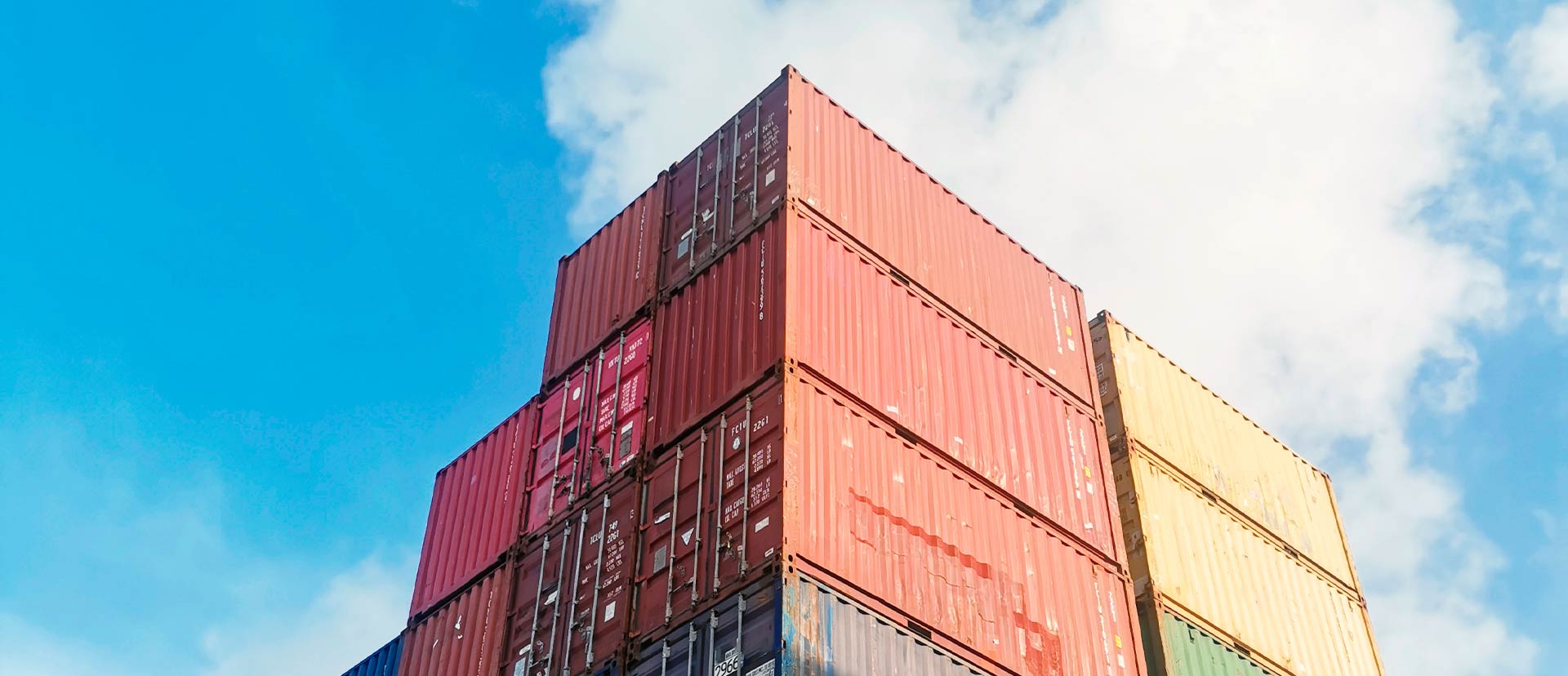Significant supply chain disruptions have become prevalent in the context of the COVID-19 pandemic and, more recently, ongoing political conflict. These disruptions involve important and interconnected national and global industries, including logistics, consumer goods, pharmaceuticals, healthcare, retail, and agriculture. Following complaints submitted by businesses and industry groups, five national competition agencies — in the U.S., the UK, Canada, Australia, and New Zealand — announced that they are collaborating to share intelligence regarding rising supply chain prices, which could be caused by breaches of competition law, including cartel behavior. All five agencies are signatories to a cooperation framework. This article outlines the supply chain and competition law considerations that gave rise to this cooperation framework, how competition agencies in the U.S., the UK, and the EU, in particular, have previously tackled supply-chain concerns, as well as their potential next steps for unilateral and collaborative enforcement under the framework agreement. Further, this article proposes recommended best practices for businesses to consider to avoid the scrutiny of enforcement agencies.
By Adam L. Hudes,[1] Catherine Medvene[2] & Kathryn Lloyd[3]
I. Introduction
On February 17, 2022, five competition authorities announced that they had created a working group to develop and share market intelligence to monitor and investigate suspected anti
...THIS ARTICLE IS NOT AVAILABLE FOR IP ADDRESS 216.73.216.161
Please verify email or join us
to access premium content!

